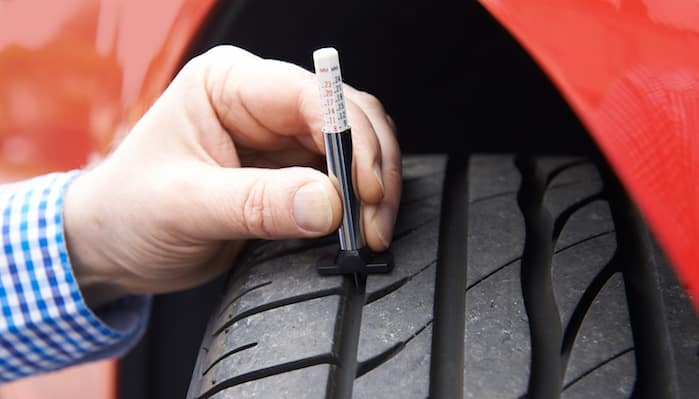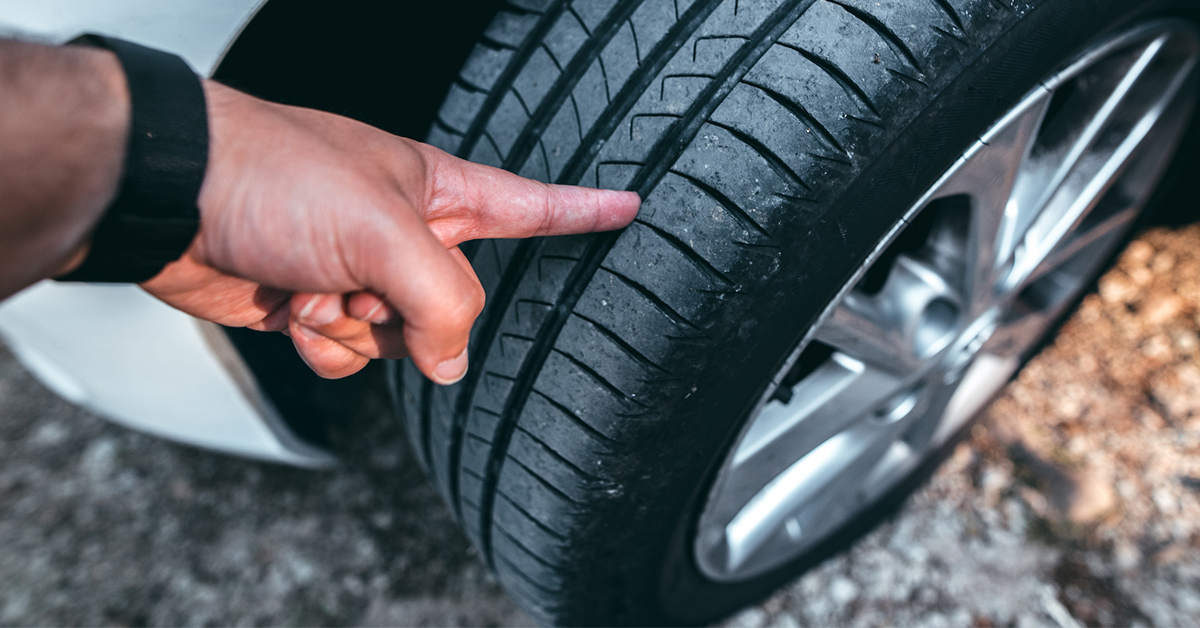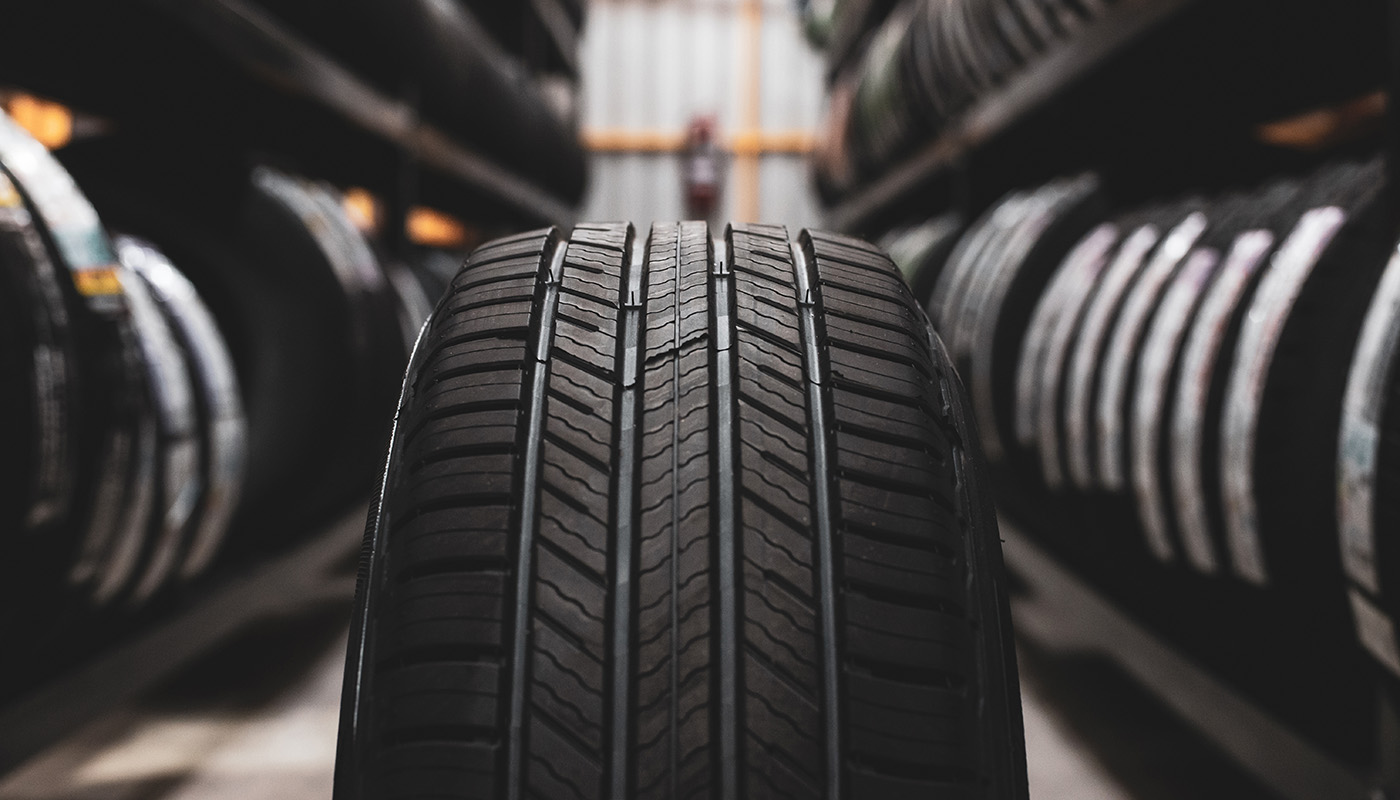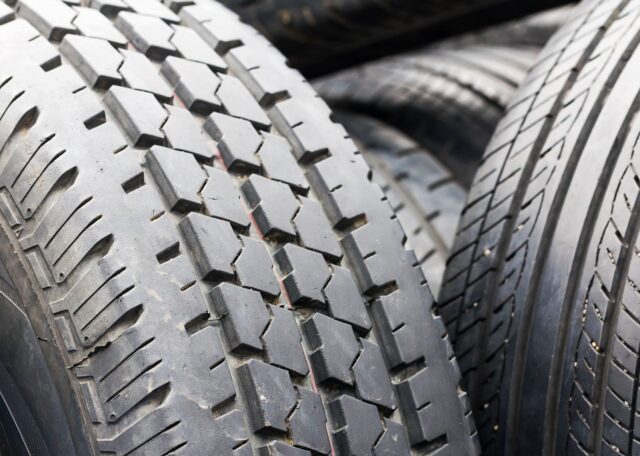When it comes to vehicle safety, your choice of tires can make all the difference. They affect how your car performs, how safe your ride is, and how much money you might save. Many drivers are faced with the question: is buying used tires a practical choice, or are you putting yourself in danger?
Opting for pre-owned ones can be enticing, especially with the lower price tag. However, the real concern should be whether the cost savings outweigh the safety risks. Let’s break down both the potential advantages and hazards that come with choosing used options for your vehicle.
Key Points:
- Used tires cost less than new ones.
- Conditions vary widely, and you must inspect them carefully.
- Worn tread is a serious safety risk.
- Age can make a big difference in performance.
- An expert’s inspection can help make a good choice.
- Some pre-owned products still offer solid performance.
- They influence fuel efficiency.
- Road performance relies on their condition.
What to Look for in Pre-Owned tires
Before you visit a shop to purchase used tires, there are several factors you should consider. Tread depth is critical. If the tread is too worn down, your car will lose grip on the road, especially in wet conditions. Many experts recommend a minimum of 4/32 of an inch of tread depth to maintain safe driving standards.
Investing in your car’s safety should always come first. If you are in the area, tire shop St. Catharines, Rectangle Auto Supply, offers a wide range of options for your vehicle.
You should also check the sidewalls for any damage, such as cracks or bubbles. These can lead to a blowout, which could put you and other drivers at risk.
Age is another factor that matters. Even tires that haven’t seen much use can degrade over time, becoming less effective. You can determine the age by looking at the DOT code on the sidewall. If it’s more than six years old, it’s time for a replacement.
Benefits of Used tires
The most obvious benefit of buying used is the cost. Pre-owned tires can be significantly cheaper, making it an attractive option for those on a tight budget. Some drivers find pre-owned options that have barely been used, providing a reliable alternative without the high price.
If you only need a short-term solution, such as if you plan to sell your vehicle soon, this can also be a viable option. Additionally, reusing products like these helps reduce environmental waste by preventing excess tires from ending up in landfills.
Risks of Pre-Owned Products
On the flip side, buying second hand comes with potential dangers. The most obvious is safety. Worn or old tires will not perform as well, especially in bad weather or at high speeds. The risk of an accident increases as the tires degrade.
It’s also possible that damage may not be visible to the naked eye. Even if the tires look fine on the surface, there may be internal structural issues. Without a professional inspection, you could end up driving on unsafe products.
Age is another factor. Even if the tires still have plenty of tread left, old material can harden and become brittle, increasing the risk of a blowout.
Thorough Inspection Is Key

Before purchasing, a thorough inspection is critical. Check the tread depth using a gauge or penny test. Uneven wear patterns could point to alignment issues or other problems with your vehicle.
Look closely at the sidewalls for any signs of damage. Cracks, bubbles, or tears can signal that the product is no longer safe to use. Also, don’t forget to inspect the bead, where the tires meet the rim.
Ask how the product was stored, as improper conditions like direct sunlight or extreme temperatures can weaken its integrity. If possible, have a professional give it a once-over to ensure you aren’t putting yourself at risk.
When Are Pre-Owned Options Worth It?
There are times when used tires can be a smart choice. If you’re only looking for something temporary or don’t plan to keep your car for long, the savings may outweigh the potential risks. For instance, if you plan to sell your car in the near future, it might make sense to go with a cheaper alternative.
Off-road enthusiasts sometimes prefer used tires for challenging terrain. While they may not last as long, they can still provide adequate performance for the job.
If you’re only replacing one damaged tire, buying a used one that matches the others might make sense.
When to Avoid Used tires

However, for many drivers, it’s better to avoid the risks. If you use your car for long-distance travel or high-speed driving, used tires may not be the safest option. Older or worn materials are more likely to fail when stressed, potentially leading to dangerous situations.
Drivers who live in areas with extreme weather conditions, such as heavy rain or snow, should also avoid used tires. The chances of losing traction are much higher when the material is worn out or aged.
For performance vehicles, high-quality tires are essential. In these cases, used products will not deliver the same level of performance or reliability as new ones.
Final Thoughts: Safety vs. Savings

There’s no doubt that used tires come with both benefits and risks. While the cost savings can be tempting, the trade-off is safety. Choosing to use pre-owned products means you must thoroughly inspect them and understand the potential consequences of driving on worn or aged materials.
Safety should always come first when making decisions about your vehicle. If you decide to buy pre-owned, take the time to examine them closely or have them inspected by an expert. You’re not automatically asking for trouble, but the risks are certainly higher.
In most cases, new tires are a better option, especially for those who spend a lot of time on the road. If you’re not sure about the condition or safety of what you’re buying, it’s always safer to invest a little more for peace of mind.



